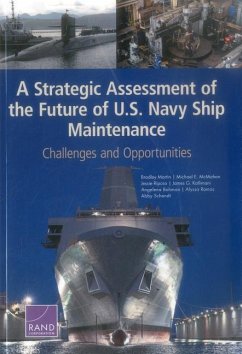Bradley Allen Fiske was a United States Navy officer recognized for his innovative contributions to naval technology and strategy. Born on June 13, 1854, in Lyons, New York, to Moses Allen Fiske and Susan Bradley Fiske, he developed an early interest in mechanics and engineering, which would shape his naval career. Fiske graduated from the United States Naval Academy and quickly became known for his inventive mind, designing various devices that improved naval operations, including electrical systems, rangefinders, and early torpedo technology. Throughout his career, Fiske emphasized the importance of modernizing the navy and integrating new technologies to enhance combat effectiveness. His service included key positions where he influenced naval policy, strategy, and equipment development, leaving a lasting impact on the modernization of American naval forces. Beyond his technical innovations, Fiske authored several works on naval strategy, reflecting his deep understanding of the relationship between technological advancement and military success. After retiring from active duty, he continued to contribute to military thought through his writings and consultations. Bradley Allen Fiske passed away on April 6, 1942, in New York City, leaving behind a legacy as a visionary who helped shape the future of naval warfare.
















